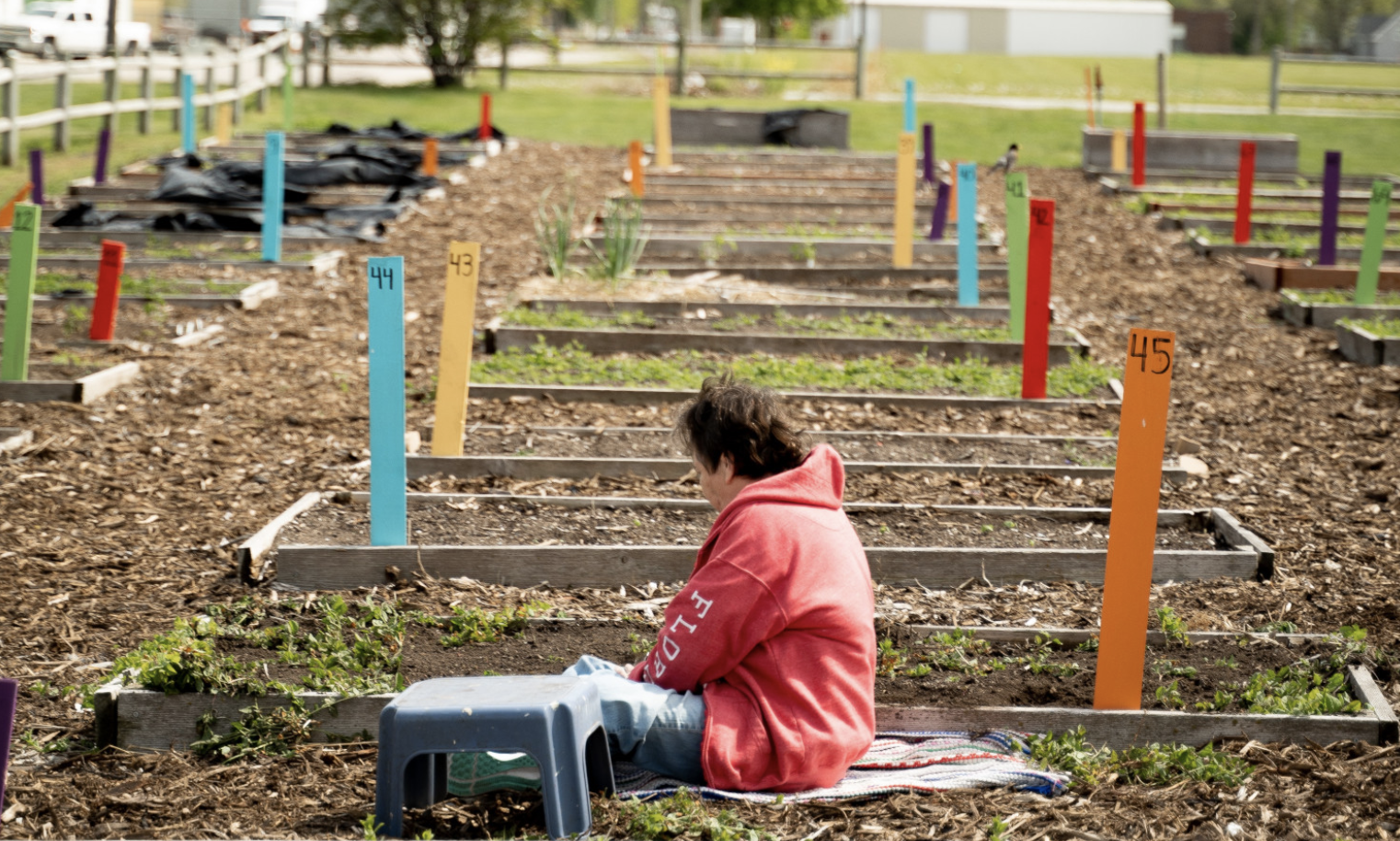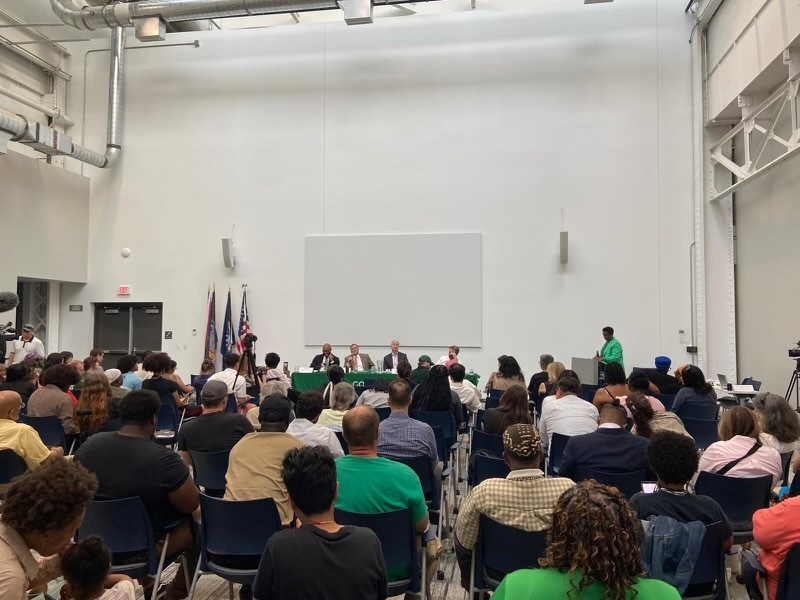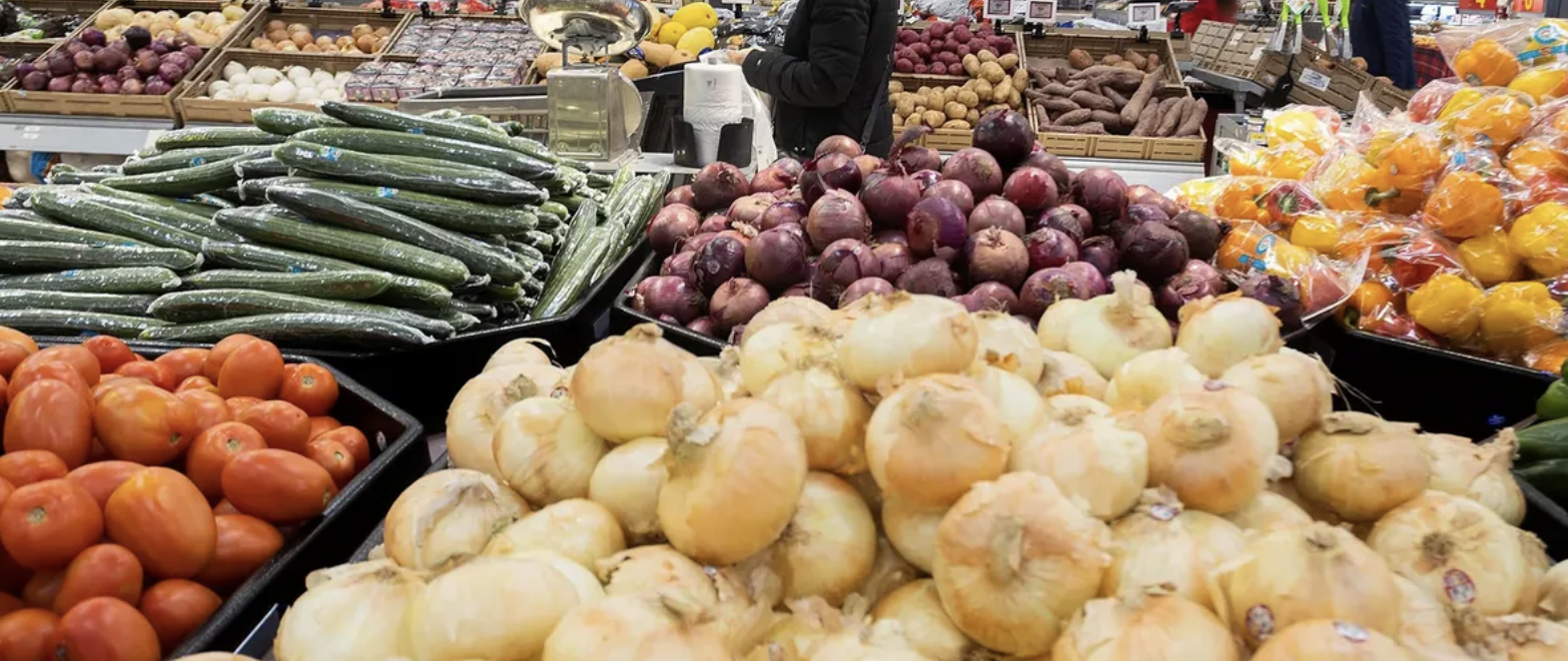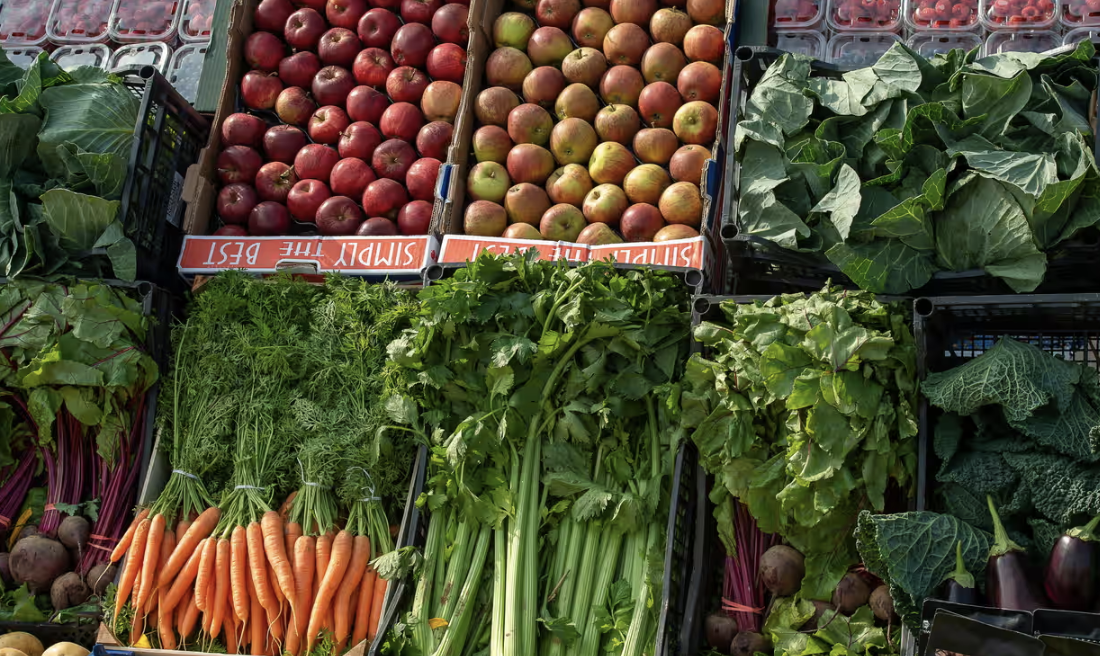Greater Pittsburgh Food Action Plan Prioritizes Justice in the Food System
Madeleine Sheinfeld
The greater Pittsburgh area is the latest region to create a formalized and comprehensive regional food action plan, thanks to the work of the Pittsburgh Food Policy Council (PFPC).
“The hope was that a food action plan would provide strategic direction and vision for strengthening our regional food system,” Sam Applefield, Project Coordinator for PFPC, tells Food Tank.
The five goals of the Greater Pittsburgh Food Action Plan (GPFAP), as laid out by PFPC and its partner organizations, are the following: to enhance coordination among existing food systems actors, center equity, sustainability and environmental stewardship, support a regional food economy that benefits all, improve food security and public health, and build community power.
Gathering input and support from community members was a key priority in the formulation of the plan, Applefield explains. PFPC and its partner organizations hosted roundtables and community engagement sessions over the course of many months. He says that transportation, racial justice, and equitable distribution of land and resources were some of the key issues community members emphasized.
“For the food action plan to be meaningful and relevant, it needs to be grounded in the realities of people’s experiences,” Applefield tells Food Tank. “Many of the strategies outlined in the plan come directly from comments we heard during these engagement sessions or roundtables.”
Laurie Beyrenevand, Director of the Center for Agriculture and Food Systems and a Professor of Law at Vermont Law School, advocates for a more streamlined national food policy. She agrees that community input is critical to the success of any food systems work.
Beyrenevand tells Food Tank that for food policies to be developed by the people they serve, there have to be substantial opportunities for the public to decide how to balance competing concerns. She adds that “meaningful public input means identifying measures to seek input from traditionally underserved and under-resourced communities that may not often have equal opportunities to participate in policy making.”
Winton Pitcoff, Director of The Massachusetts Food System Collaborative, also notes that it’s important to make the process meaningful for community members. “When you have folks in a room, you don’t want to just take their wisdom and get it down on paper,” he tells Food Tank. “You’re trying to get their buy-in so that they feel like they have a stake in the process and the outcome, so that when it’s done, they see themselves reflected in the plan and they feel some ownership of it and want to help make it happen.”
While the GPFAP is focusing on the Pittsburgh region, it has the potential to contribute to food policy on a national level. Beyrenevand says that regional food action plans can create a valuable starting point for a streamlined federal food policy. “Ideally, a national food strategy provides opportunities for the federal government to learn from these experiences,” she tells Food Tank, “to understand how we might model that at a federal level and continue to support these efforts rather than potentially work against them.”
Pitcoff says that in addition to providing an example for the federal government, food action plans provide an opportunity for organizations to learn from each other. The Massachusetts Food System Collaborative was born out of the Massachusetts Food Policy Council’s Food Action Plan in 2015, and has been working to serve as “connective tissue” between organizations doing similar work.
“There are a lot of small, municipal organizations that are kind of reinventing the wheel over and over again,” Pitcoff tells Food Tank, “and it’s a chance to introduce them to each other and make them recognize they’re not alone, they’re not isolated. They can learn from each other and share resources and ideas.”
Applefield hopes that PFPC can contribute to those shared resources by making their emphasis on community involvement and racial equity a model for other food policy councils. “Particularly in light of the pandemic,” he tells Food Tank, “there are some real opportunities to develop innovative and impactful policy solutions, and we hope to make Pittsburgh a leader in policies that advance equity and justice throughout the food system.”
Photo by Tim Umphreys via Unsplash







